In a recent LinkedIn video, Florian Seibel, CEO of Germany-based Quantum-Systems, introduced his company’s family of Vertical Takeoff and Landing (VTOL) drones. These unmanned aerial vehicles (UAVs) are designed to operate on a common platform, offering versatility and ease of use across various models.
The Quantum-Systems VTOL Drone Family
Seibel highlighted three key models in the Quantum-Systems lineup:
- The Twister: A compact 3 kg (6.6 lb) drone with a 90-minute flight time and a range of 10-15 miles.
- The Vector: An 8.5 kg (18.7 lb) model boasting a 3.5-hour flight time.
- The Reliant: The largest of the trio, featuring a 4-meter (13.1 ft) wingspan and an impressive 10+ hour flight time.

All three drones share common features, including:
- Vertical takeoff and landing capabilities
- Quick assembly without tools
- A unified operating system and ground control station
- Interchangeable battery systems
“Family means we have several types and sizes of drones, but they all run on the same operating system,” Seibel explained. “With one training, you can operate all of these systems.”
From Reconnaissance to Combat: The Evolution of Drone Warfare
Quantum-Systems has already made its mark in Ukraine, with 400 of its reconnaissance drones currently in operation and 800 more slated for delivery in August. However, Seibel believes the future of drone warfare lies in autonomous systems.
In response to Russia’s development of jamming techniques, Seibel has launched a new company, Stark Defense, focused on creating autonomous attack drones, reports Politico.
“Drones will have to make the next step in evolution: Identifying targets for themselves, classifying them as friends or foes, and in case of adversity — hit them,” Seibel stated.
This push towards autonomy is not without controversy. Anna Hehir of the Future of Life Institute cautioned, “We don’t need weapons manufacturers claiming that unpredictable and unethical weapons will make Europe safer.”

DroneXL’s Take
The development of autonomous drone systems raises significant ethical and strategic questions for the future of warfare. While Quantum-Systems’ focus on interoperability and ease of use is commendable, the potential shift towards fully autonomous weapons systems is a concerning trend that warrants careful consideration.
The Drone Industry is rapidly evolving, with manufacturers constantly pushing the boundaries of what’s possible. This innovation brings both opportunities and challenges. On one hand, advanced drone technologies can enhance military capabilities, improve reconnaissance, and potentially reduce human casualties in conflict zones. On the other hand, the prospect of autonomous weapons systems operating without direct human control raises serious ethical concerns and could potentially lead to unintended escalations in conflict situations.
As we move forward, it’s crucial for the international community to engage in thoughtful dialogue about the implications of these technologies. This should involve not only military strategists and drone manufacturers but also ethicists, policy makers, and civil society organizations. The goal should be to establish robust frameworks and guidelines that ensure the responsible development and use of drone technologies.
Ultimately, the future of drone warfare will likely be shaped by a complex interplay of technological advancement, ethical considerations, and evolving international regulations. It’s imperative that we approach this future with caution, foresight, and a commitment to maintaining human oversight in critical decision-making processes.
Photos courtesy of Quantum Systems.
Discover more from DroneXL
Subscribe to get the latest posts to your email.
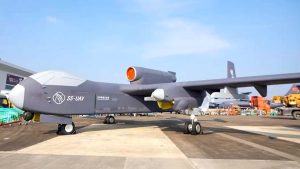
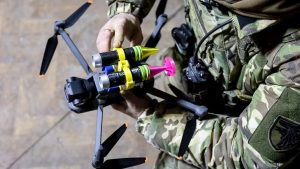

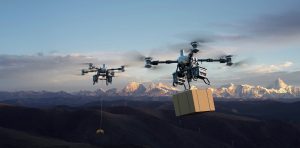
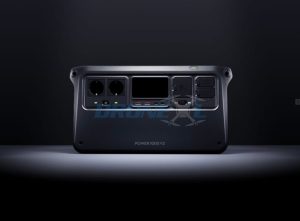



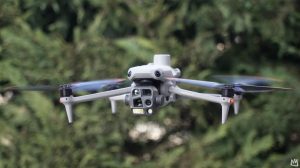
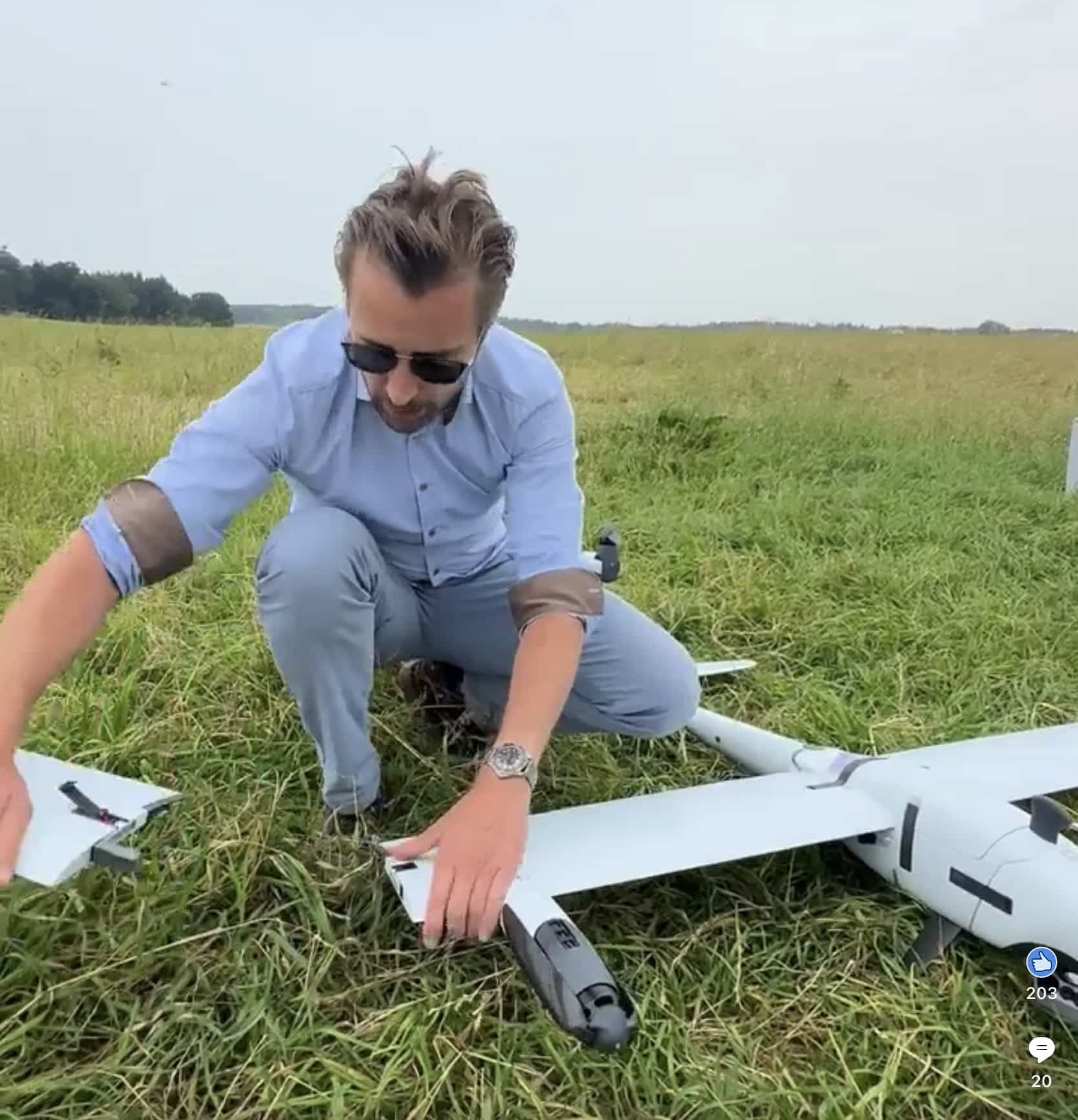
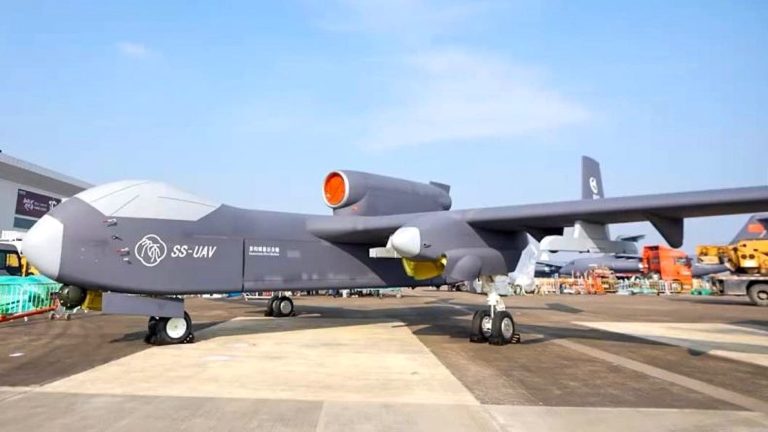



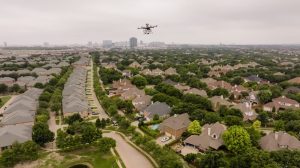
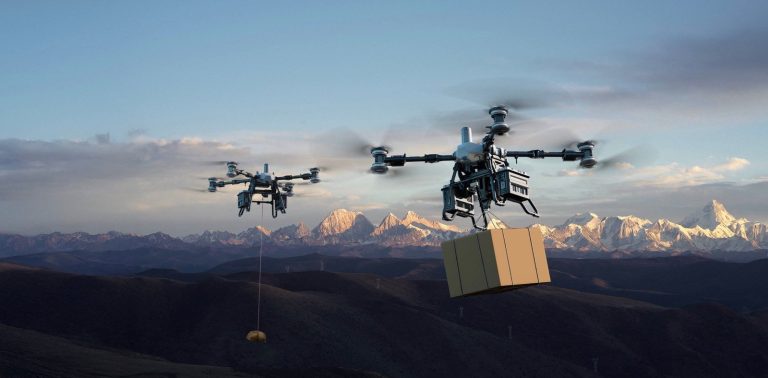




+ There are no comments
Add yours